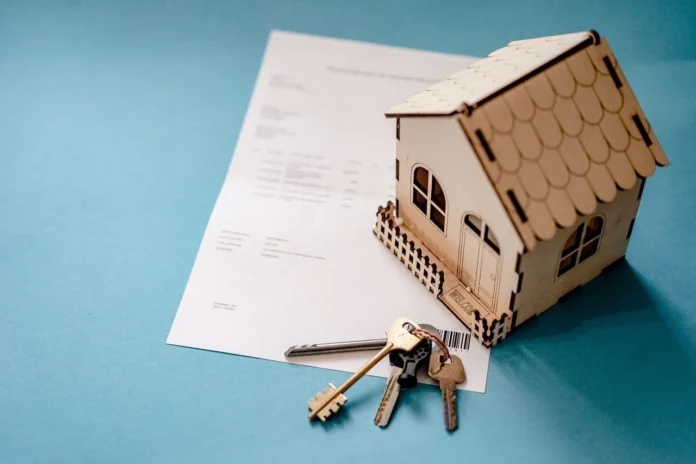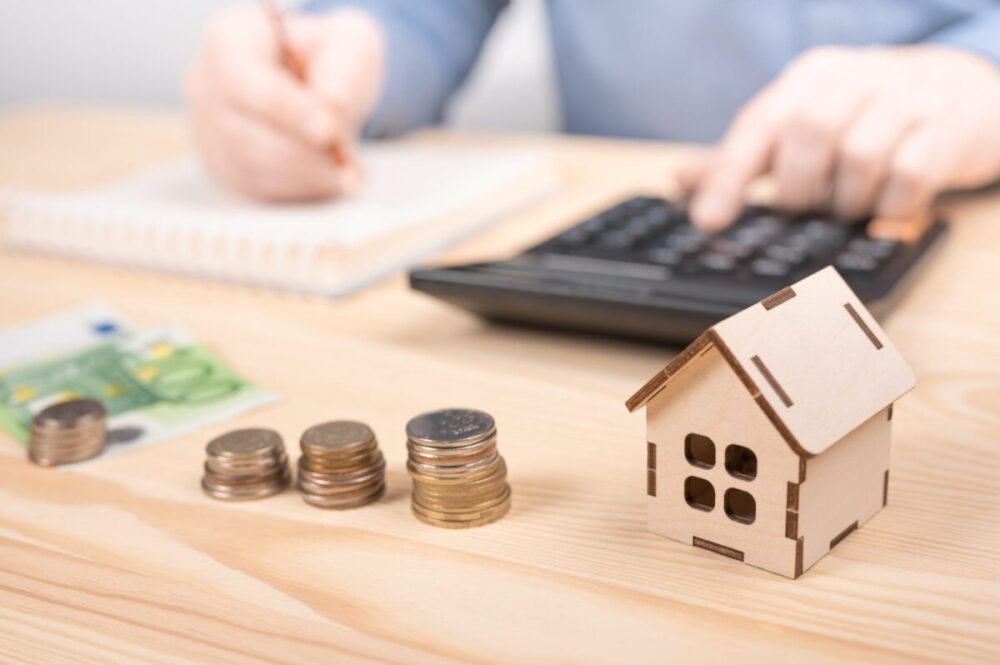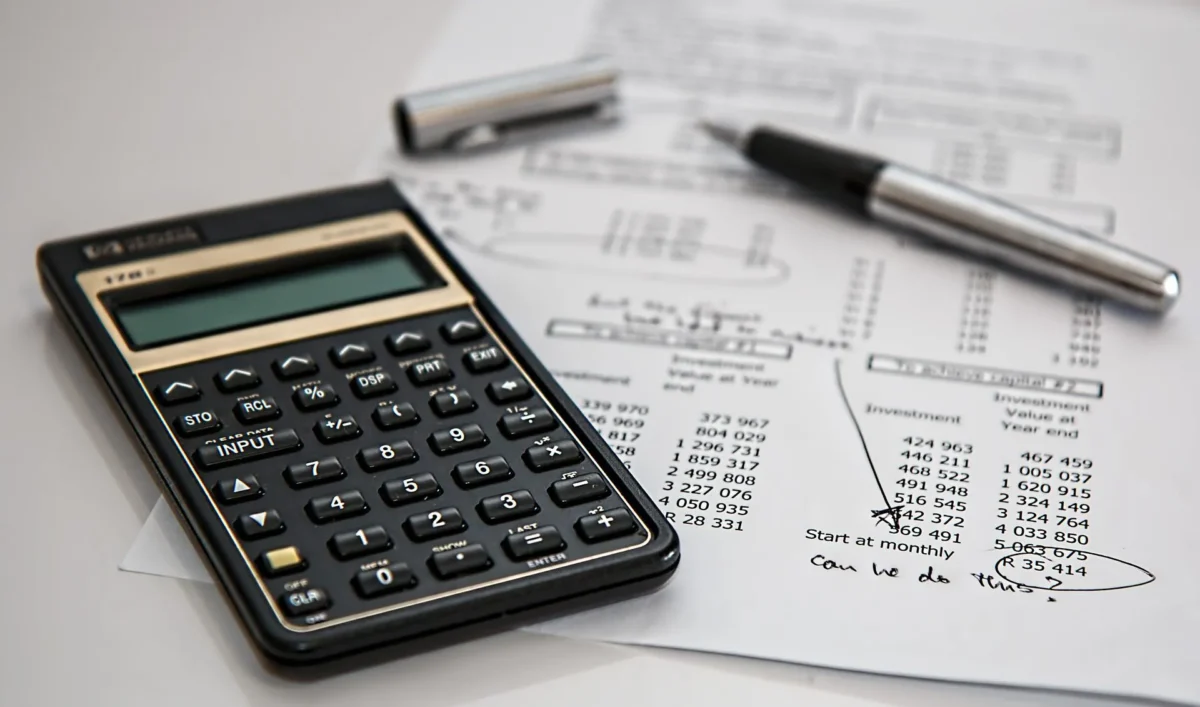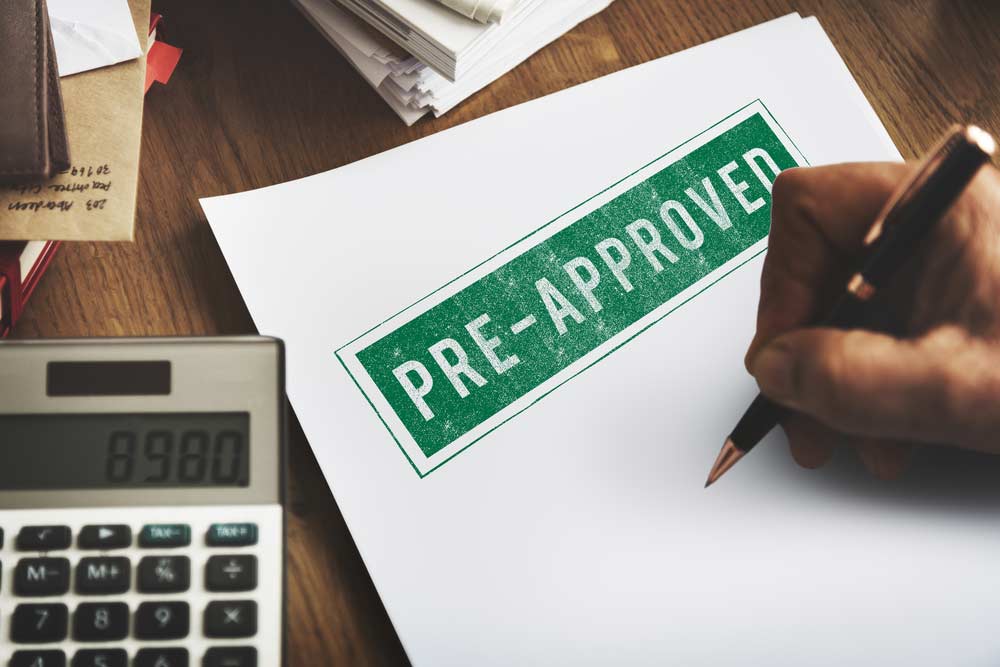
Loan refinancing can be a smart move to save money on your monthly payments. By lowering your interest rate, you can make your monthly payment more affordable, or you can take advantage of your home’s equity to pay off your mortgage faster.
Reduce your interest rate
If you’re in the market for a new home or your current residence has become a bit of an albatross, refinancing may be the best way to go. If you’ve been shopping around for a new loan for some time, chances are you’ve gotten some quotes from banks and mortgage companies alike.
Among your prospective lenders, you’ll likely be asked for proof of income, credit card statements, and other pertinent financial details. Fortunately, you can learn more if you go to refinansiere.net/refinansiering-kalkulator/. Once you’ve locked in a rate, you’ll have the cash you need to make the move from a fixer-upper to your dream home.
A quick comparison shop should give you a leg up on the competition. While you’re at it, make sure to ask the banker about the best rates and incentives that are available. The right move can save you thousands of dollars in the long run.
Pay off your mortgage faster

One of the most important ways to pay off your mortgage faster is by refinancing your loan. A refinance lowers your interest rate, which in turn lowers your monthly payment. It may be more appealing to refinance your home loan if you have a higher interest rate. But if you don’t have a high interest rate, it’s better to stick with the original loan.
If you’re in the market for a new loan, consider taking out a 15-year fixed-rate mortgage. This type of mortgage will allow you to get rid of your mortgage in half the time, which can save you over $100,000 in the long run.
When it comes to paying off your mortgage, you have a number of options, from making more payments to refinancing to switching to a biweekly repayment schedule. Each has its advantages and disadvantages, and you should carefully consider your options before settling on a plan.
If you were to have an emergency fund, you’ll want to take advantage of it. The key is to have enough money saved up to pay for at least three to six months’ worth of your specific household expenses. But if you can’t afford to set aside this much, you can still pay down your home loan early.
If you can’t set aside enough money, you can make extra mortgage payments during the year. This can be a monthly payment, or it can be made as a lump sum. You can make the extra payments online or by mailing in a check for a certain amount. The extra payment could be put toward the principal of your loan, or you could use it to pay off other debts.
There are also methods you can use to make your payments smarter. This includes using a smart mortgage calculator to create an accurate estimate of your payoff amount. This can help you see how your monthly payments will affect your total mortgage amount, and how it will affect your overall financial picture. If you have your mortgage bill online, you might be able to customize how you should use your extra payments.
Tap into your home’s equity

Home equity is the difference between the current market value of your home and the balance of your mortgage. It can be used for debt repayment, home improvement, and for any other purpose.
Home equity loans are a popular way to borrow against your property. They are typically repaid at a fixed interest rate over a certain period of time.
There are several types of loan refinancing you can choose from. However, it is important to understand all of your options before you decide on a plan. The key is to know how much money you want to spend, how you will pay it back, and what the cost is. If you aren’t sure, it’s a good idea to consult a financial adviser.
When refinancing your mortgage, it is important to make a new appraisal. This new appraisal determines your home’s value. You may also need to provide financial documents, such as your income, recent tax returns, and proof of assets.
There are two main types of loan refinancing: cash-out refinancing and home equity line of credit. In the past, cash-out refinancing was the most popular choice. But with higher mortgage rates, cash-out refinancing has become less attractive.
Home equity lines of credit can also be repaid over a long period of time. They can be helpful if you need to make large purchases or if you want to get rid of high-interest credit card debt. If you have a low credit score, you might need to put down more than a 20 percent down payment.
Pre-qualify for a new loan

Buying a home can be a stressful experience. You will need to know the right financial situation to make a good decision. A pre-qualification can help you determine how much you will be able to afford. It will also allow you to estimate the cost of other costs involved. This helps you to set a budget for your new home.
Prequalification is usually the first step in the mortgage process. It can be done over the phone or online. The lender will ask you for basic information about your debts, income, and assets. They will then estimate your credit score. It is important to understand that prequalification does not guarantee your loan approval.
You may need to go through a detailed loan application before you are approved. This can take up to a week. However, prequalification (something you can learn about here) can speed up the process. This makes it easier for you to start looking for a home.
A qualification letter is something that can let you know how much money you might be able to borrow for your new home. This is the most accurate way to determine how much you may afford. When you are pre-qualified, you are able to see how many months it will take you to pay off the loan. This is an excellent tool to use when you are shopping for homes.
While a pre-qualification letter is not guaranteed, it is an important step in the home-buying process. It can save you from unpleasant surprises. It will also help you avoid going over your loan limit. If you do need to change your plan after pre-qualification, you will have a better idea of how much you should afford to spend.
You can do this on your own, or you can work with a lender. A pre-qualification can be a great tool for negotiating the price of your home. Some sellers will not take serious applications from buyers who do not have pre-approval.
When you are ready to apply for a mortgage, you will need to provide a lot of personal information. Lenders will want to know where you work, what your annual income is, and what debts you have. They will also request your W-2s and bank statements. They will then compare your income to your expenses to calculate a debt-to-income ratio.








